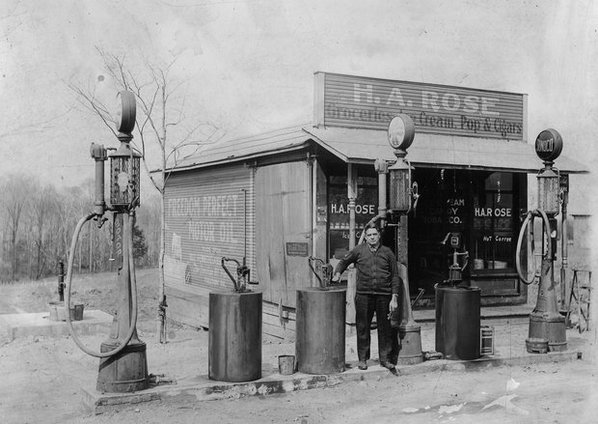e
High-octane gasoline for Oldtimer

Smart mechanics, having read books, say that the use of high-octane gasoline in old engines is fraught with increased consumption, loss of power, a sharp increase in toxicity. And the worst thing is that the valves and pistons will burn! And all because high-octane gasoline burns worse, slower compared to low-octane.
But is it true?
The books are not to blame here: they are simply written a very long time ago! In the era of leaded gasolines, the addition of lead to fuel seriously slowed down its rate of combustion. The transition from low-octane to high-octane fuels does not threaten the motor with anything bad. The valves will not burn out, the pistons will remain intact. The temperature of exhaust gases during operation on high-octane gasolines does not increase (its increase serves as the first sign of prolonged burning of fuel).
When switching for example to 95 gasoline, subject to certain rules, you may experience slight changes in engine operation on your oldtimer. Therefore, in order to use modern gasoline and not to lose in power, you need to change the adjustment of the motor and change the glowing number of candles. To do this, it is necessary to shift the ignition timing 5 degrees ahead - on old carburetor machines it is easy and change the candles to modern ones.
The result will not be long in coming: power losses as it happened, efficiency will be 3-5% better (depending on the engine design) than when working on low-octane fuel with standard engine control.
Therefore, do not be afraid of modern gasoline, the main thing is to use high-quality fuel from proven gas stations and turn to professional experienced minders.

